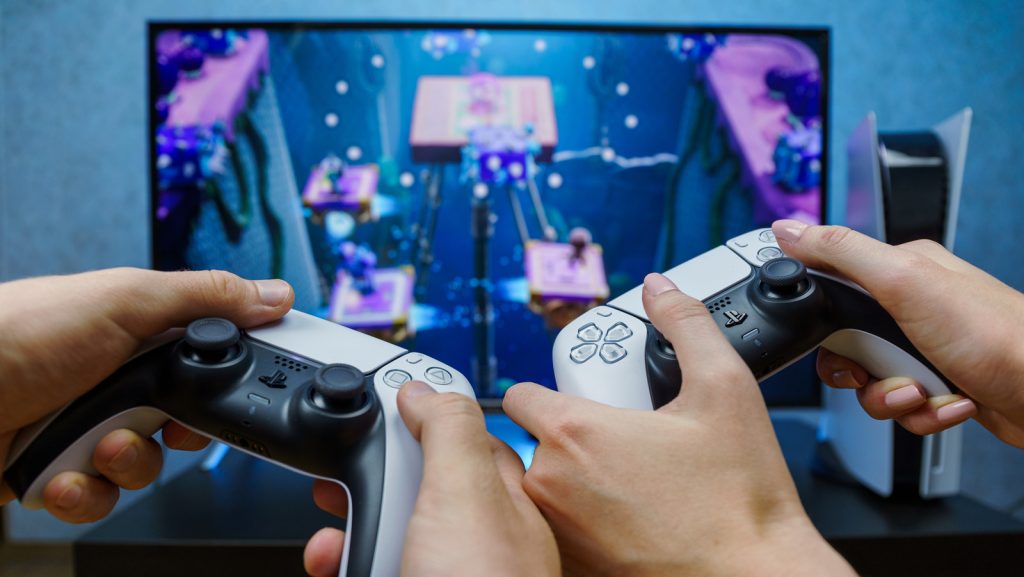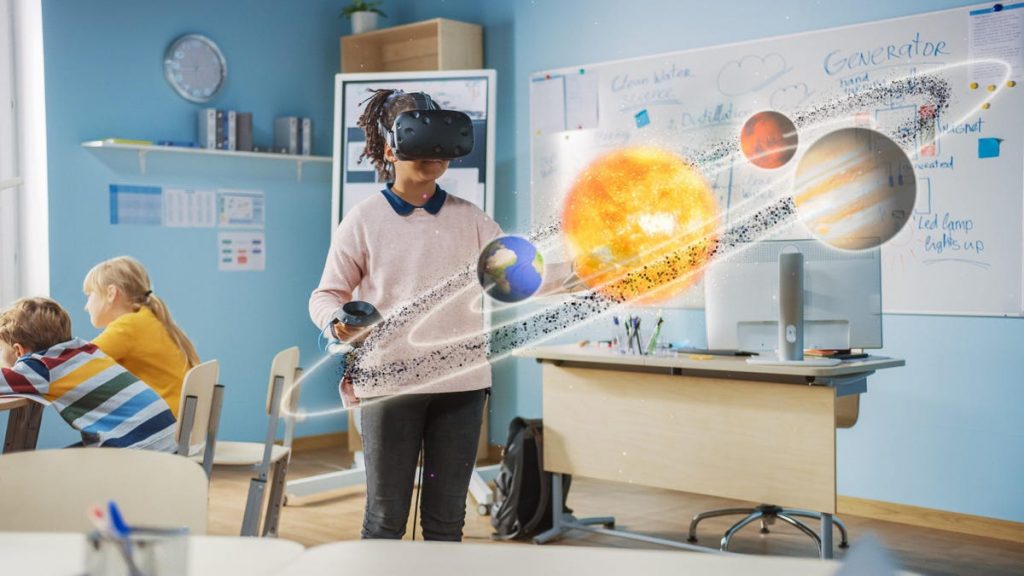Virtual reality games for socio-emotional learning
Games are not just games, they can become important tools for making our society better and more habitable
– VHCI Lab
Technological advancement, the internet, and improvements in new media have transformed every area of human endeavour, including work and leisure. While it is a known fact that the world of work has been completely revolutionized (the realities in which we currently live), it is equally well known that technology has transformed the way we relax. The emergence of digital games has become one of the essential ways through which individuals spend their leisure time. Individuals can now choose to take a break from work by playing a game either on their mobile devices or game consoles.

Digital games provide exciting ways to relax and allow people to select from a variety of options based on individual preferences and interests. In fact, digital games are described as one of the most engaging forms of entertainment for all generations (Rozani, 2019). However, games are described as deficient in many ways. For instance, games are criticised as being only for relaxation and promoting antisocial behaviours such as social disconnection, aggression, addiction etc. Like other inventions,there is a tendency for overuse, misuse and addiction.
Despite its perceived limitations, digital games are lauded for the several advantages and benefits they provide. For instance, digital games serve as stress busters. They can also help individuals to hone and improve mental prowess, thinking, analytical and tactical capabilities, attention and concentration, etc. One of the strongest benefits of digital games is in their ability to promote academic learning. Scientists have proven that the use of “games in educational contexts can harness the spirit of play to enable players to build new cognitive structures and ideas of substances, such as those related to mastering game mechanics that are balanced with learning goals” (Faber and Schrier, 2017).

Aside from promoting academic learning, games are useful for promoting socio-emotional learning (SEL), such as the development of problem-solving skills, self-awareness, self-control, emotion management, etc. At the VHCI Lab, we are interested in how games can be used to enhance socio-emotional learning, particularly the development of moral virtues such as empathy and compassion. We wanted to know if by playing games, children can learn to be more empathetic and compassionate towards people from other ethnic groups. To do this, we recruited children (age 13 – 18) from various secondary schools in Lagos and had them contextualise, design and play a virtual reality game. We found that games do not just help children to have fun, they also enhance learning by keeping children engaged. We found that through games, children can play active (rather than passive) roles in their learning which leads to improved learning outcomes that last for a long period. With games, children are also willing to participate in learning activities and are fully involved and motivated to learn and proffer solutions to problems.
Ultimately, we found that games can be used to help us become more compassionate and empathetic towards other people. When we are compassionate and empathetic, we are less likely to treat other people rashly. Hence, games are not just games, afterall, they can become important tools for making our society better and more habitable. While not all games are originally designed for learning, research has shown that regardless of their initial purpose, games originally created for just leisure can be used, modified, or contextualised for educational/ learning purposes (Faber and Schrier, 2017).
- Solomon Adeoye
